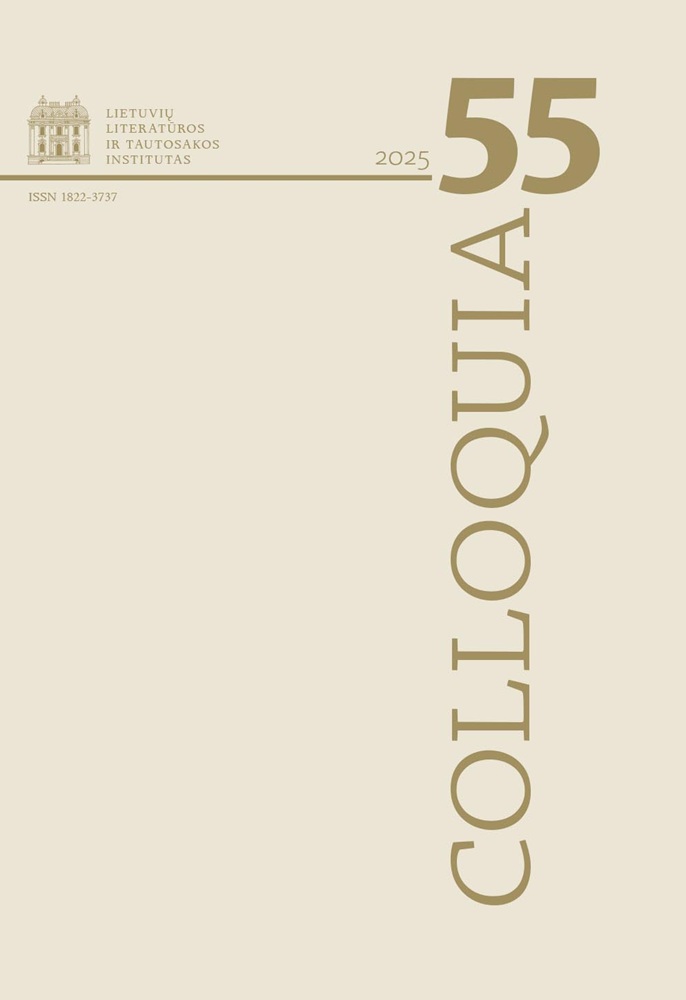Charlatanism in Latvian Literature of the 1970s
Abstract
The article explores charlatanism in the works of two Latvian authors, Marģeris Zariņš’s novel Viltotais Fausts (Mock Faustus, 1973) and Miervaldis Birze’s play Bišentropa balzams (Bišentrops’ Balm, 1970). Considering the Soviet emphasis on scientific method, progressivism, rationalism, and atheism, the attitudes of the time towards charlatanism can be best described as disdainful. It was regarded as something laughable, often introduced in veiled forms. By employing charlatanism, the writers made the above-mentioned works more credible—or at least more fascinating and playful—allowing those in power to draw a sharp contrast between the foolishness that charlatanism represented and the great Soviet advances in medicine. These dubious practices were often embraced, reflecting a gap between ideological belief and practical reality. However, the rise of so-called Soviet spirituality also signified a broader shift—from the suppression of religion to a renewed pursuit of spiritual exploration in the USSR.
Birze and Zariņš freely navigate several cultural and linguistic strata and folk motifs. They are interested in the mystical, occultism, and the scientifically inexplicable. The works of both authors on charlatanism can be seen as mere instances within the broader, yet episodic, presence of charlatanism in Latvian literature. At the same time, they represent a kind of culmination within the writers’ legacies, especially in Zariņš’s case.

This work is licensed under a Creative Commons Attribution 4.0 International License.
